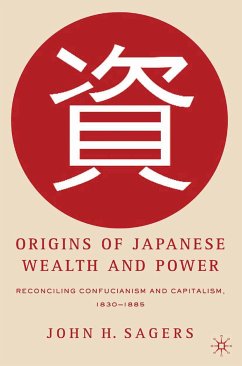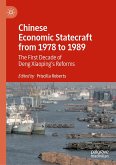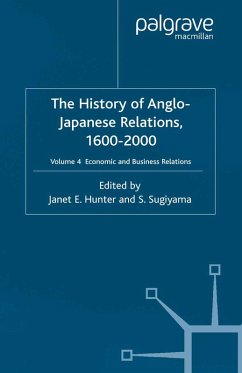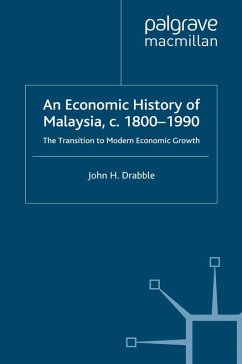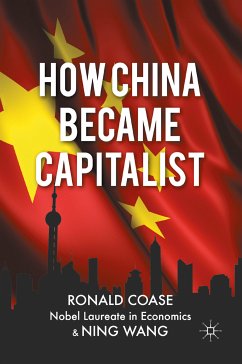Dieser Download kann aus rechtlichen Gründen nur mit Rechnungsadresse in A, B, BG, CY, CZ, D, DK, EW, E, FIN, F, GR, HR, H, IRL, I, LT, L, LR, M, NL, PL, P, R, S, SLO, SK ausgeliefert werden.
"Sagers' study is particularly interesting in that it explores political economic thought across the divide of the Meiji Restoration. He closely examines Satsuma domain and its pragmatic officials who later served in the Meiji government to highlight the continuities of political economic reasoning within early modern domainal states and the modern Japanese state." - Luke Roberts, University of California, Santa Barbara
"The first book-length study in English of official economic concepts and practices across the Meiji Restoration of 1868, this work makes a signal contribution to our understanding of Japan's transition to a modern capitalist economy. By documenting the indigenous sources of Meiji economic thinking, the author offers an important corrective to the standard view that after 1868 Japanese leaders drew inspiration almost exclusively from Western economic ideas and models. A welcome addition to the new wave of studies dealing with Japan's experience in the nineteenth century as a whole." - Steven Ericson, Dartmouth College
"[A] useful exploration of the development strategies pursued by nineteenth-century Satsuma and the early Meiji state." - Tom Havens, Northeastern University

